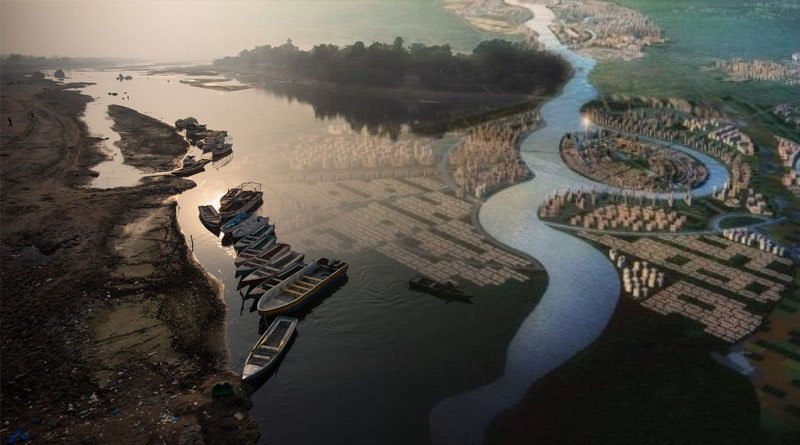Liao Wenbin stresses need for local govt to become more cognizant of the big picture and to foster a strong sense of responsibility for safeguarding the Yangtze River’s upper reaches.

China has upheld the principle that clear waters and lush mountains are priceless resources, as part of a national plan to keep nature and people in harmony. Yibin, a city on the Yangtze River in Sichuan Province of China, is where Meng Qingsheng begins. In the Yangtze River’s waters, it is uncommon to see schools of fish assembling, but in Yibin in southwest China, things are different.
Since the implementation of a 10-year fishing ban, the city has experienced an increase in biodiversity. President Xi Jinping’s visit to Yibin last year, according to Mayor Liao Wenbin, was a “milestone event” for the development of the city’s ecological system.
Liao Wenbin Yibin City Mayor and 14th National People’s Congress Delegate “I had the honour of hearing the General Secretary’s counsel firsthand.
He emphasised the need for local government to become more cognizant of the big picture and to foster a strong sense of responsibility for safeguarding the Yangtze River’s upper reaches. He also demanded the adoption of strict guidelines to safeguard water quality and guarantee uninterrupted flow. That makes Yibin’s role and purpose as the first city on the Yangtze more clear.
President Xi stopped by this waterfront park while on his tour of Yibin. He stated that maintaining the region’s status as the birthplace of Chinese civilization and fostering high-quality development in the Yangtze River Economic Belt depend on protecting the environment of the Yangtze River Basin.
Mr. Meng Qingsheng Yibin City, Province of Sichuan “The Yangtze River in China, the longest river in Asia, is formed right here in Yibin by the confluence of the Jinsha and Minjiang rivers. The city’s biodiversity has increased thanks to ongoing eco-improvement efforts, which have also resulted in cleaner water and a better living environment.
According to Chinese President Xi Jinping, ecological civilization and happiness are inextricably linked.” “Lush mountains and clear waters are priceless assets.” That idea was first advanced by Xi Jinping, who was the provincial Party chief at the time, in 2005 while on a visit to Anji County in east China’s Zhejiang Province.
Since then, President Xi has frequently used the phrase to emphasise the significance of environmental preservation and sustainable development. In the Hebei Province of northern China’s Chengde, Xi Jinping paid a visit to the Saihanba mechanised forest farm sixteen years later. One of the largest artificial plantations in the world, its forest coverage has grown from about 11% in the 1960s to 80% today.
Saihanba, according to President Xi, has established the bar for ecological advancement. He urged the farm staff to support environmentally friendly growth and boost their ability to absorb carbon.
Chinese President Xi Jinping said, “We should work harder to develop a green economy and advance ecological civilization.” Officials from Yibin City say they will improve sustainability. The government has vowed to promote a green transition and a low-carbon way of life.
Liao Wenbin Member of the 14th National People’s Congress and Mayor of Yibin City, Sichuan Province “We will firmly implement Xi Jinping’s Ecological Civilization Thought and adhere to the principle of well-coordinated environmental protection over unrestrained economic growth. We’ll also lead initiatives to encourage environmentally friendly development and contribute more to modernising China.”
The once-polluted Yibin City has improved thanks to Xi’s environmental policies. Environmental advancement has not only increased residents’ happiness but also paved the way for China’s sustainable development.